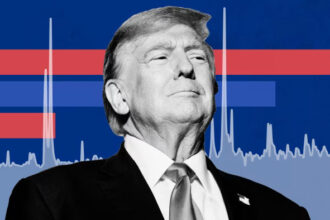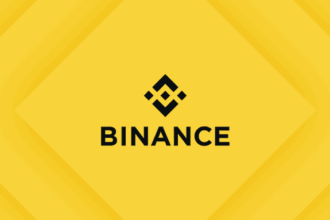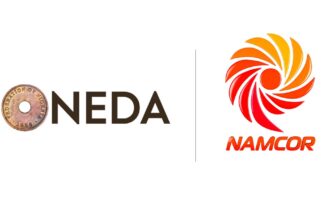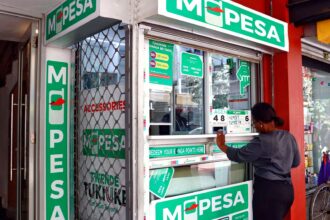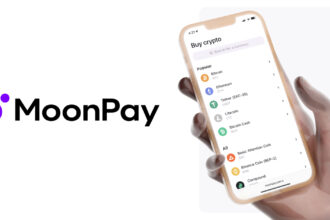After a High Court ruling on 1 February 2023, Flutterwave will embark on contacting 35 banks concerning illegal transactions worth $24 million across over 6000 accounts.
It came to Flutterwave’s attention that these transactions were conducted by POS merchants across the platform.
According to Flutterwave, on October 10, 2023, a glitch occurred in a client’s operating system, which enabled a series of automatic transfers to be made to a certain list of customers.
As soon as the company became aware of the glitch, they immediately notified the sending and receiving banks alongside FinTech of the incident.
Because of the severity of the situation and the resulting financial issues that will occur from this incident, Flutterwave is offering indemnity to the banks if they reverse the funds.
The reason is that it has been months after the incident occurred and there is no certain way the company expects the money to remain not spent.
For this to happen, the receiving banks will have to get a court approval required for the reversal.
In the process of rectifying the situation, all accounts involved with the unauthorized transfers were temporarily disabled. Yet the company states that no customer funds were lost as debit restrictions were placed on the affected accounts by court order.
The 35 banks and financial institutions involved in the issue including, Zenith Bank, Opay, VFD bank, Access Bank, Polaris, Palmpay, Providus Bank, and Paga are to disclose the email addresses and phone numbers with Flutterwave by court order.
Once the information disclosure is complete, Flutterwave will proceed to contact the account holders, respectively, through emails, SMS, and through WhatsApp.
The Underlining Problems
We shall start from the most obvious problem with this operation to the least obvious problem.
First, the exchange rate of the Naira to the dollar on October 2023 was at $1/ ₦789. While now on 9 February 2024, it skyrocketed to $1/ ₦1,512, more than double the initial amount.
That would create a backlog of problems if the funds were reversed in dollars and not the Naira.
Secondly, Neobanks such as Opay, Palmpay, and Moniepoint do not offer strict KYC requirements to their customers, which results in inaccurate or outdated customer information, thereby reducing the success rate of the recovery by a long mile.
In an attempt to rectify this issue, the Central Bank of Nigeria has ordered all financial institutions to update their KYC requirements. Customers are now required to have a BVN (Bank Verification Number) or NIN (National Identification Number) before opening an account.








